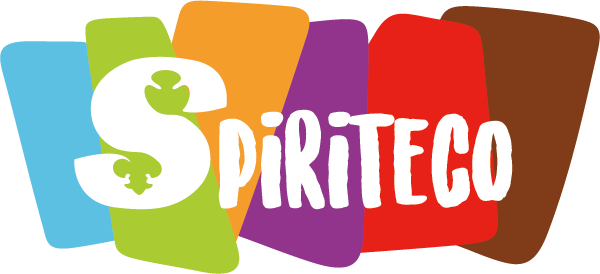Spiritual development objectives:
- Structure one’s value system by observing how humour can be used to maintain or increase prejudices,
- Get to know ourselves better by understanding the effect that jokes can have on us and on the persons they’re aimed at,
- Trigger some reaction when facing situations we do not approve of,
- Introduce the concept of fears hidden in the jokes we tell.
Activity guidelines
First of all, write down the jokes on small pieces of paper, fold them and put them in the hat.
Participants are sat in a circle and the hat goes around for each person to take a small piece of paper and read or mime the joke that is written down. The rest of the group gives a mark out of ten and the scores are written on the board.
At the end of the game, organise a de-briefing. Start by asking the participants how they felt during the game. Then, ask questions such as:
- “Which joke won and why?”
- “Which joke had the lowest mark and why?”
- “What makes a joke unacceptable?”
- “Why do sexist/racist jokes hurt the people that they are aimed at?”
- “How do you react when someone tells you an offensive joke: you smile politely, you laugh like everyone else, you tell the person that you find their joke hurtful, you leave the group without saying a word?”
Comments
Our advice to the leader:
- Choose carefully the jokes to make sure that you will not lose control of the situation.
- Include some positive jokes: drawing cartoons is a good way of making jokes that help us learn something positive about ourselves and the world around us.
- Be very careful not to come up with jokes that can deeply hurt some members of the group.
Material
A few jokes relevant to the group (jokes about vegetarians, blondes, rich people, Jews, disabled people, politicians, stars, foreigners, homosexuals, play on words, tricks, cartoons), a hat, a board or a big sheet of paper.
Source
AnimerSpi - Scouts et Guides Pluralistes de Belgique
BRANDER P. et al., Educational kit All different All equal Education pack: ideas, resources, methods and activities for informal intercultural education with young people and adults, Strasburg : European Youth Centre, 1995 (© Council of Europe)




